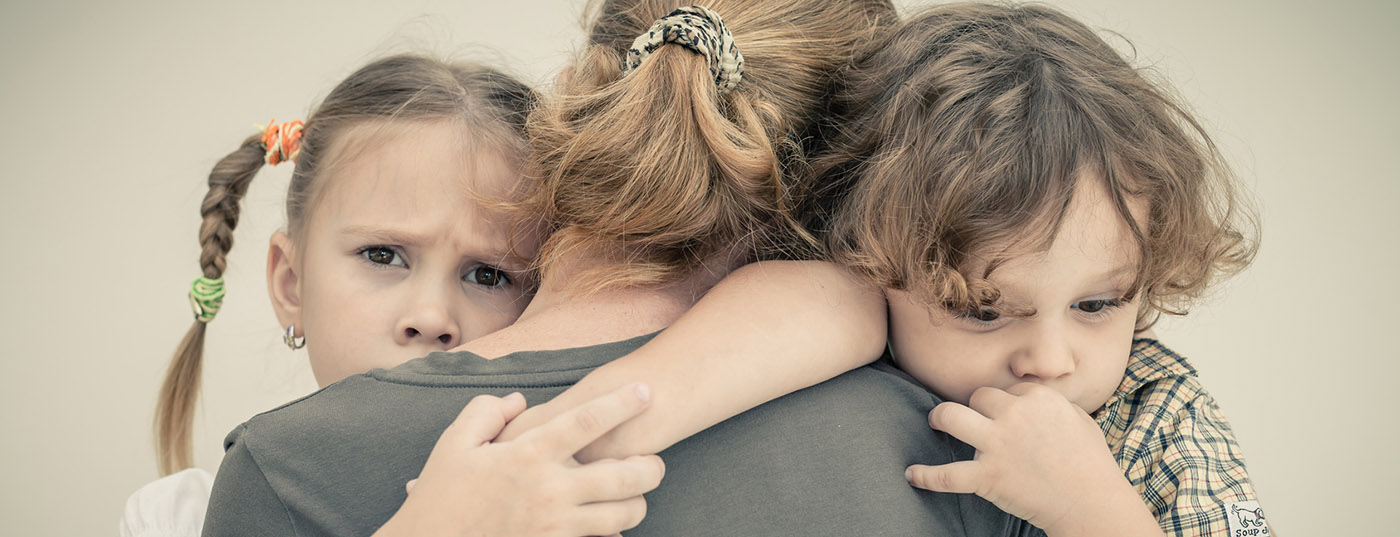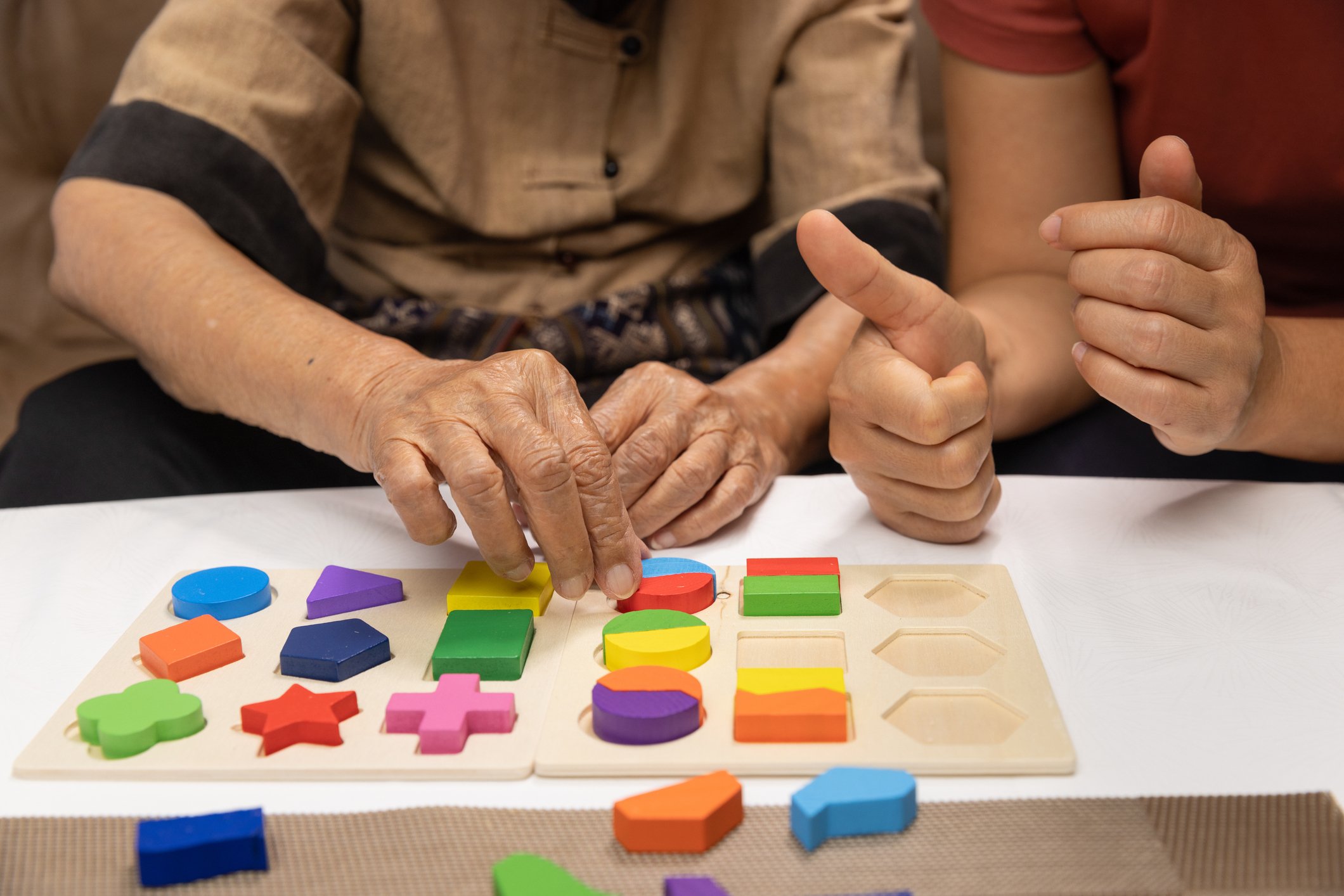Cancer diseases repeatedly bring patients and their relatives to their psychological limits. To prevent individuals from harming themselves or their children from developing behavioral problems, it is essential to identify risk factors and address mental health issues early. Two studies addressed this important aspect of cancer disease.
In the study by Klaassen et al. published in the journal Cancer. is an analysis of data from 1,239,522 patients (observed over a total of 7,307,377 person-years) [1]. It addressed the suicide rate of individuals with urogenital cancers and whether certain risk factors increase the risk for suicide in this collective. It is known that about 70% of all suicides in patients over 60 years of age have physical infirmity as a cause. In cancer patients, this rate is likely to be even higher.
2268 suicides were identified. The standardized mortality ratio (SMR) for each cancer type was as follows:
- 1.37 for prostate cancer (95% CI 0.99-1.86) corresponds to a nonsignificant risk increase for suicide of 37% compared with the general population.
- 2.71 for bladder cancer (2.02-3.62); significant risk increase of 171% .
- 1.86 for kidney cancer (1.32-2.62); significant 86% increase in risk.
- 1.23 for testicular cancer (0.88-1.73); nonsignificant 23% increase in risk.
- 0.95 for penile cancer (0.65-1.35); nonsignificant 5% risk reduction.
Suicides more frequent among men
There were also associations with other risk factors. Male sex increased the risk of suicide by 6.63-fold in individuals with bladder cancer and 4.98-fold in patients with kidney cancer. The same was true for increasing age in prostate, bladder, and testicular cancer (odds ratio 1.03-1.06) and for distant metastases in prostate, bladder, and kidney cancer (odds ratio 2.82-5.43). In the latter group with distant metastases, ethnicity was also significant for suicide risk: Compared with Caucasian individuals, African Americans had a 54-74% lower risk of suicide.
Effects on the family
Overall, the authors conclude that men, the elderly, and patients with aggressive cancer are particularly at risk and should therefore receive special attention as a risk group in medical care.
But it is not only those affected who suffer: As a study of 235 families showed, children of cancer patients have an increased risk of emotional and behavioral disorders [2]. The main reason for this is a family structure that no longer functions as a result of the illness. Of course, the individual predisposition of the child is also crucial, and overall the coping ability of children is deeper than that of adults. In any case, psychosocial problems must be taken seriously. Supportive services help everyone involved to cope better with the disease.
Literature:
- Klaassen Z, et al: Factors associated with suicide in patients with genitourinary malignancies. Cancer 2015. doi: 10.1002/cncr.29274
- Möller B, et al: Children of cancer patients: prevalence and predictors of emotional and behavioral problems. Cancer 2014 Aug 1; 120(15): 2361-2370.
InFo ONCOLOGY & HEMATOLOGY 2015; 3(5): 5.











